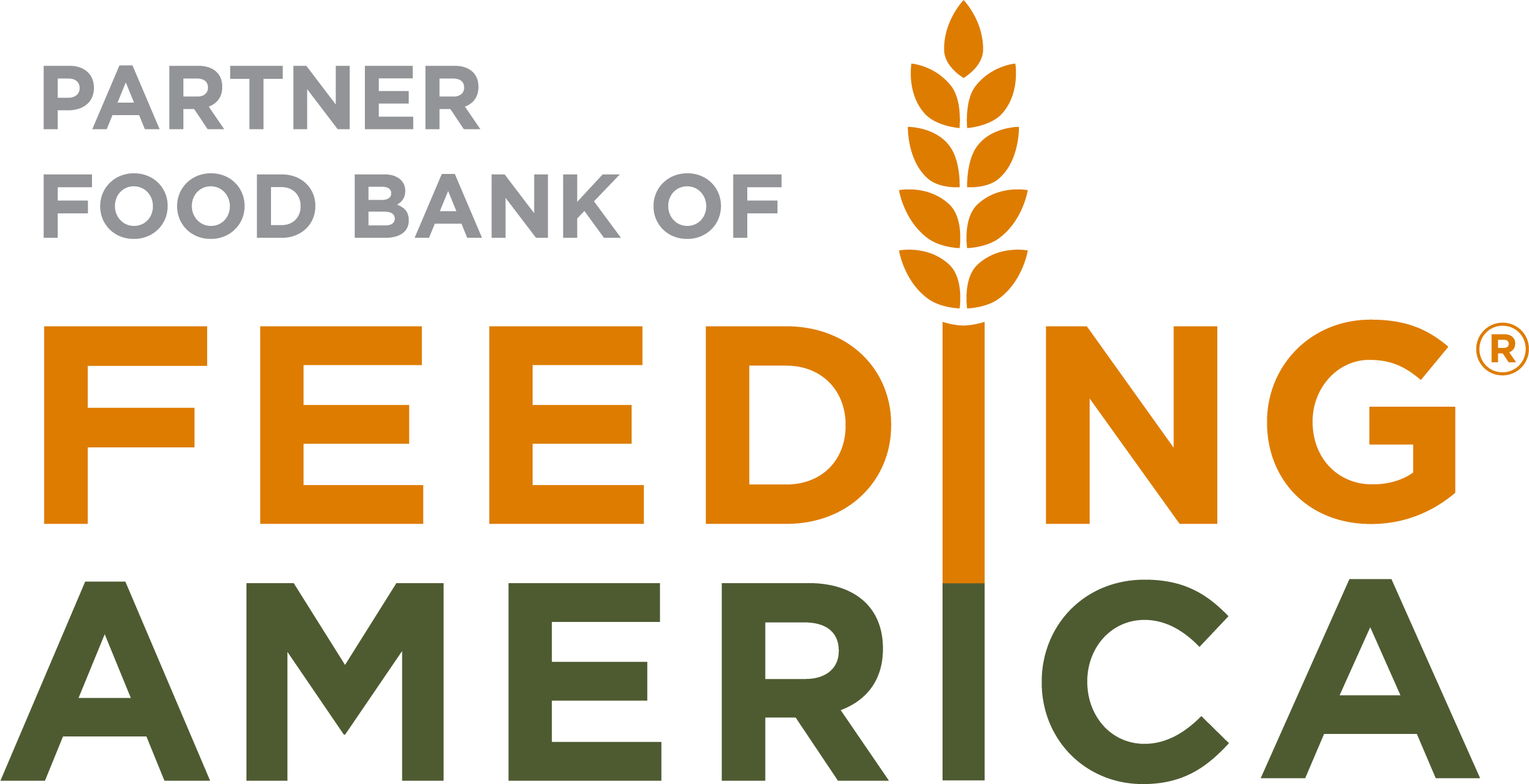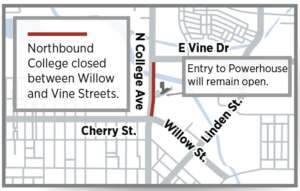What if there were a singular way to improve your physical and mental well-being — all while positively changing the lives of others?
That’s the power of volunteering.
Volunteering boosts physical and mental health
Studies suggest that volunteering benefits people of all ages. This includes a variety of benefits in well-being, like improved physical and mental health outcomes, better stamina and memory, and establishing a deeper sense of purpose and connectedness to a community.
 Tammy Wagner is a Food Bank volunteer whose story emphasizes the link between volunteering and wellness.
Tammy Wagner is a Food Bank volunteer whose story emphasizes the link between volunteering and wellness.
Tammy first got involved with volunteering when she was working on her recovery following a stroke. Her doctor had strongly advised her to find something occupational that would prevent her from being idle. Taking the advice, Tammy signed up to volunteer in the Food Bank’s Nutritious Kitchen to stay active.
Three days a week, Tammy worked with a team to make nutritious meals to help seniors and children facing food insecurity — an issue she herself experienced as a child. The work kept her moving. She packaged vegetables at such an exceptionally quick pace, it earned her a legendary status and the nickname “Veggie Queen” among her fellow volunteers and Food Bank staffers.
The Nutritious Kitchen is a high-energy place. Besides a team of volunteers working in harmony to assemble hundreds of meals every day, there’s always music playing and jokes bouncing around at a fast pace. It’s easy to see how someone might forget they’re on their feet for hours at a time.
The royal accolade Tammy earned from Food Bank staff and volunteers was just one perk.
“I get a really big sense of gratification every time I leave,” Tammy said. “It’s like I’ve done something good for the world, or at least our little spot in the world.”
Volunteering boosts happiness
That warm and fuzzy feeling of doing something to benefit others often elicits more happiness than doing something to benefit ourselves, according to an article in Greater Good Magazine. The article examines a study that compares the sustained happiness of people who gave money to others versus the sustained happiness of those who spent money on themselves. What it found was that those who gave money to others had longer lasting happiness.
“The authors suggest that there could be a good evolutionary reason why we’re motivated to give to others: our deeply rooted human need to belong and to be part of a social group,” the article reads. “Repeatedly giving to others may be especially rewarding to us because maintaining our reputation as kind, helpful individuals is crucial to our survival and thriving.”
For those who still have some doubt, the Washington Post covered this topic, and posed an interesting question. “Does volunteering make people happier or are happier people more likely to volunteer?”
“While it’s true that people who are happier do tend to spend more time volunteering, the current study suggests that you don’t need to already feel happy to benefit from it,” the article states. “In fact, some research suggests that people who start out with lower levels of well-being may even get a bigger boost from volunteering.”
Volunteering benefits people of all ages
 Another study conducted by Washington University surveyed volunteers 55 and older who tutored youth. Boosts to stamina, memory “and maintained overall health longer than others their age,” were all named as benefits to those who volunteered.
Another study conducted by Washington University surveyed volunteers 55 and older who tutored youth. Boosts to stamina, memory “and maintained overall health longer than others their age,” were all named as benefits to those who volunteered.
Feeding America highlights the benefits of volunteering to bond as a family, and the potential this has to have a lifelong positive impact on youth.
Volunteering can be especially beneficial for acquiring new professional skills and has been linked to promoting self-esteem, psychological well-being and attitudes toward education, according to a U.S. News article called “Why Helping Others Makes Us Happy.” Youth who volunteer are also more likely to volunteer as adults.
The benefits of volunteering go on.
Volunteering and feeling socially connected are linked — something that promotes overall health. It’s a great way to meet new friends and form a sense of community, all while feeling a deeper sense of purpose for something outside of ourselves.
At the Food Bank, volunteers are the very core of our operations to provide hunger-relief services to more than 54,000 people. We simply couldn’t have the outreach we do without a dependable force of volunteers. Those who lend their time and talent to the Food Bank have named every single one of the benefits above, emphasizing once again the power that volunteering has to change lives.
For Tammy, volunteering made a lasting impact on her recovery.
“Having the weekly interactions gave me something to look forward to,” Tammy shared, “reminding me that the world isn’t only the size of your house.”








